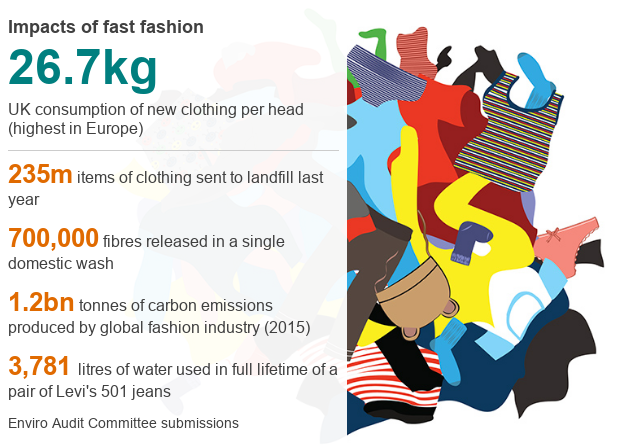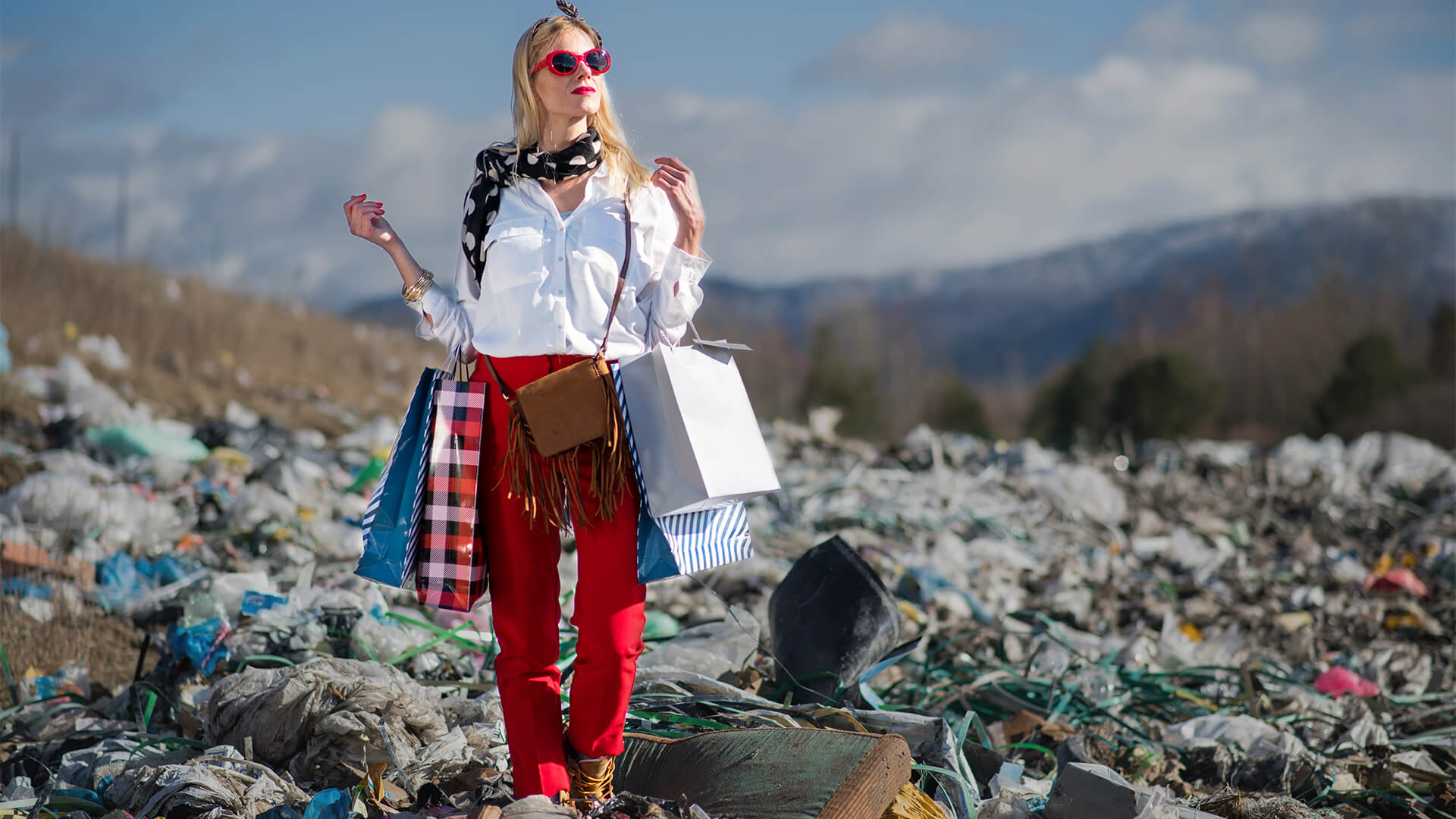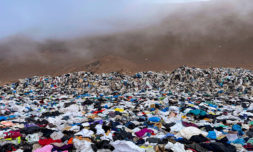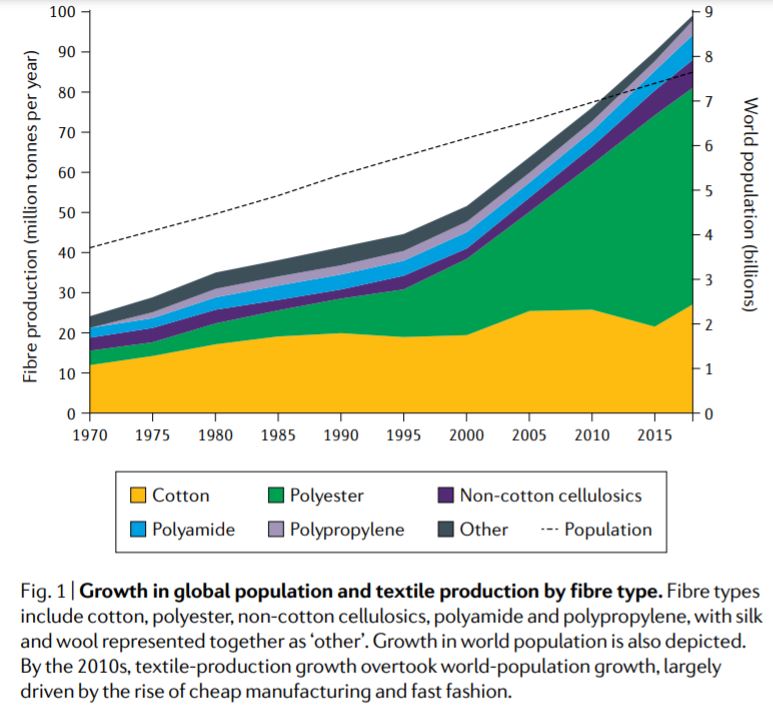Acknowledging a link between fossil fuels and the inherently unsustainable industry, it’s proposing a range of new rules that’ll ensure products being made in and imported to the region are more environmentally friendly.
The world is drowning in clothes. Though recycling programmes have existed for decades now, with little means of recycling jeans or dresses, of the 100 billion garments bought annually, 92 million tonnes of them get thrown out. By just 2030, that figure is expected to increase by over forty million.
Not to mention the synthetic fibres used in 72% of our clothes that take 200 years to decompose nor the fact that the apparel industry accounts for 10% of global greenhouse gases every single year.
It’s an environmental disaster that’s been continually spurred on by the trend-driven fast fashion industry, despite how the number of people shopping consciously has soared recently, with Gen Z at the helm.
For this reason, and in light of numerous warnings from activists, organisations, and governing bodies alike, the EU finally plans to crack down on this issue with a range of new rules that’ll ensure products being made in and imported to the region are eco-friendlier.

This follows the union’s recognition that the manufacturing processes currently propping up fast fashion’s inherently unsustainable business model are linked to an increase in the use of fossil fuels which, as we know, are to blame for the climate crisis.
‘It’s time to end the model of ‘take, make, break, and throw away’ that is so harmful to our planet, our health and our economy,’ says executive vice-president Frans Timmermans.
‘The consumption of textiles has the fourth-highest negative impact on the environment and climate change, and roughly 6.4 million tons of textiles are discarded in the EU each year.’



















